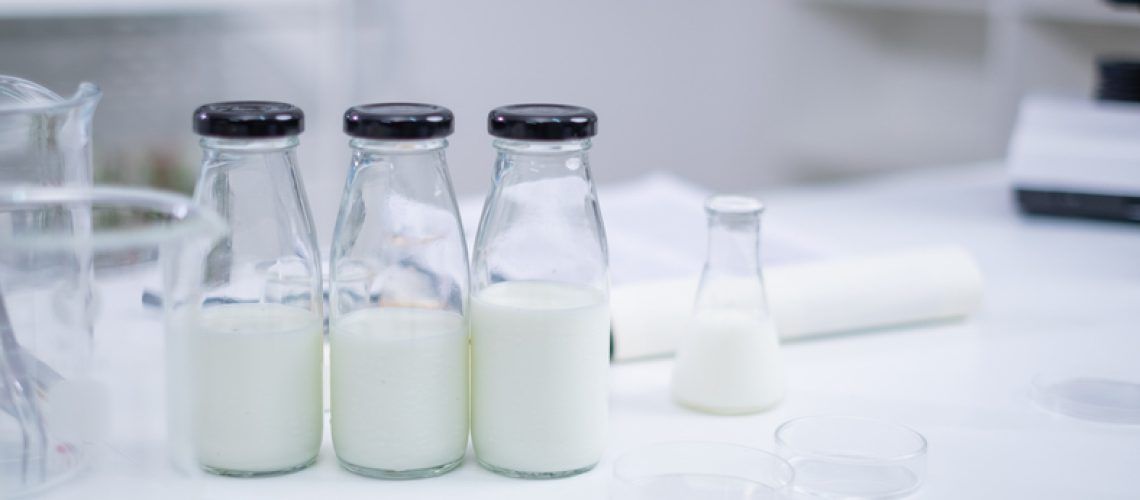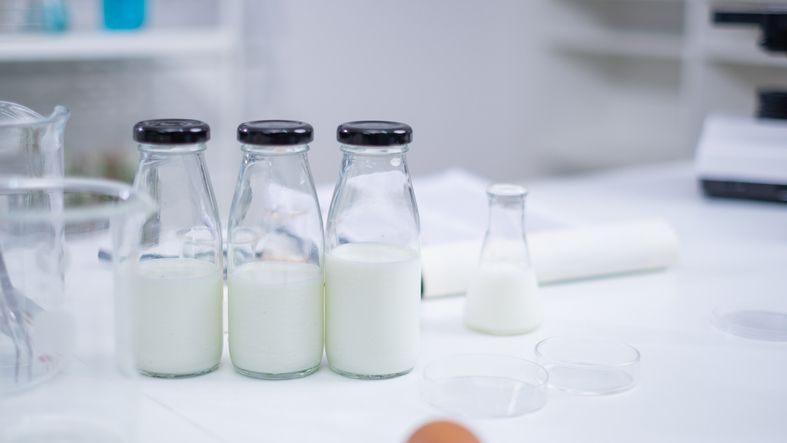Health agencies in California are advising consumers to avoid drinking raw milk from Raw Farms after testing revealed a second batch of the product to contain Avian Flu (bird flu). The Santa Clara County Public Health Laboratory found the live virus to be present in samples taken from retail stores just a week after another batch tested positive.
“As the state continues to investigate the link between bird flu detections in retail raw milk and the ongoing spread of bird flu in dairy cows, poultry, and sporadic human cases, consumers are strongly urged to not consume any of the affected raw milk,” the California Department of Public Health said.
The US Centers for Disease Control and Prevention has confirmed 55 human cases of Avian Flu this year, most of which are in farm workers who were exposed directly to animals with infections. The true number of cases is likely much higher, experts say, because very few tests are being conducted even in among farm workers who have symptoms. The health agency recently reported the first known case of Avian Flu in a child in California. The virus continues to spread uncontrolled among wild birds and throughout poultry and dairy farms. While there evidence of person-to-person at this time, the virus has recently shown mutations that could allow it to spread easily between humans in the future.
Public health experts warn that the response to the ongoing animal outbreaks has been inadequate at federal and state levels. Dr. David Kessler, who previously led the FDA, wrote last week that the government should be conducting bulk tests of milk “to determine the full extent of the infection on these farms and to allow us to contain the virus.” Kessler stressed that “without mandatory testing, bird flu will continue circulating at farms across the country, which substantially increases the risk that the virus mutates and evolves to allow a human-to-human transmission that will be hard to stop”.


